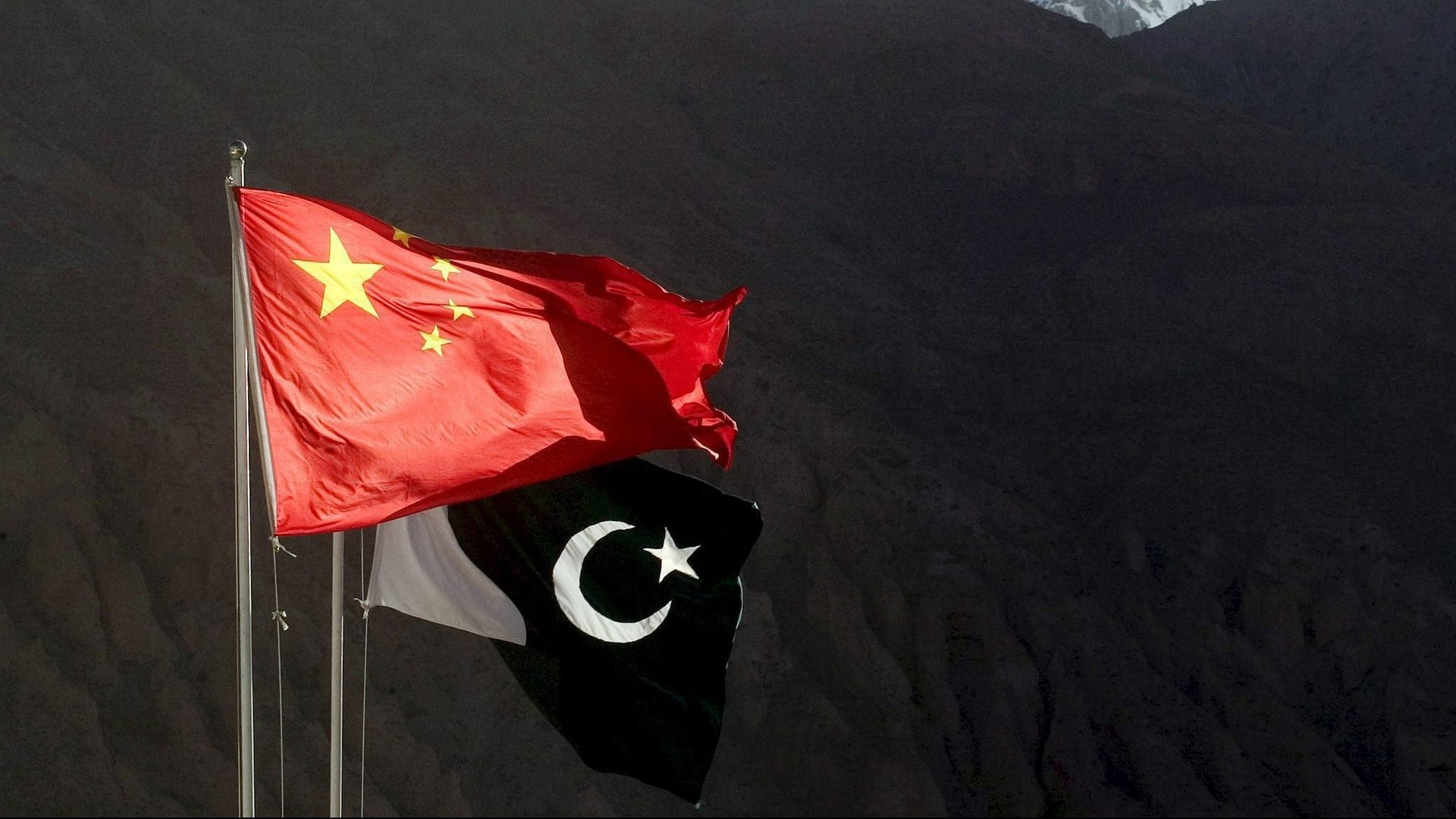Chinese media finds a Korea angle to the killing of two Chinese citizens in Pakistan
It’s only been a few days since the killing of two Chinese nationals in Pakistan was confirmed but the media coverage of the abduction and murder inside and outside China have already diverged.


It’s only been a few days since the killing of two Chinese nationals in Pakistan was confirmed but the media coverage of the abduction and murder inside and outside China have already diverged.
Last Thursday, the Islamic State militant group said it was responsible for the killings. Foreign coverage has focused on China’s massive One Belt, One Road (OBOR) project spending in Pakistan, which has drawn many Chinese to the country. The killings come at a time when Beijing is extending its economic and political reach across large parts of the world—an effort likely to result in heightened risks for its people. China’s own official stance obliquely appeared to acknowledge that context, with foreign ministry spokeswoman Hua Chunxin in a June 9 briefing saying, “Going global comes with risks.”
The day after the Islamic State claim, state-controlled tabloid Global Times published a report that suggested the attack could be related to the work of a Korean-led missionary group, using the sensationalist headline (link in Chinese) “Scoop! The truth behind the kidnapped Chinese people in Pakistan: Sure enough it’s Korean people’s fault again.” The article noted that Korea’s Christian aid workers have been kidnapped and killed overseas in the past.
Early media reports described the man and woman as Mandarin teachers. China’s foreign ministry hasn’t publicly identified the slain nationals or confirmed what they were doing in Pakistan, and has said that it is still trying to verify the Islamic State claim. The two were kidnapped in late May. China’s and South Korea’s foreign ministries didn’t respond to queries about the China media reports.
The Global Times and the Paper, a Shanghai-based digital publication, both reported (link in Chinese) that the two slain Chinese nationals, in their 20s, belonged to a Christian missionary group led by a South Korean citizen. The 13-member group was running a language school, the reports said, citing an unidentified hotel owner. According to the reports, members of the local Muslim community said that the group tried to spread Christian teachings to them. A Chinese journalist says the Chinese foreign ministry briefed several Chinese outlets at a closed-door meeting with the same details that were reported.
Over the weekend, in an online discussion of the Pakistan incident, the Communist Youth League, whose members have becoming increasing active in voicing nationalist views on social media, also weighed in. In a June 11 post, the group depicted Korean missionary workers as a strong force that has secret activities in China and warned Chinese people to be on guard against them (link in Chinese). For months China and Korea have been experiencing tension over the deployment of a US anti-missile system in South Korea, though there had been signs of a thaw in recent days.
In China, the Global Times report drew widespread attention, with many people saying it was not wise to engage in missionary activities in Pakistan, while others criticized the reports themselves.
“Just because they do missionary work, do they deserve to die?” asked one user of microblog Weibo (link in Chinese).
The recent killings are the second and third of overseas Chinese nationals that Islamic State has claimed responsibility for.
In November 2015, 50-year-old Chinese man Fan Jinghui was killed by ISIL in Syria after being held hostage with a Norwegian for months. Later that month, a group of Islamist militants killed over two dozen hostages in a mass shooting in a hotel in Bamako, Mali. The dead included three Chinese nationals who were senior executives of China Rail Construction Corp, a state company that has big overseas presence. Last year, China also lost peacekeepers in South Sudan.
In the wake of the deaths, Pakistani officials are rolling out plans to buttress a 15,000-strong army division set up recently to safeguard projects along the economic corridor, Reuters reported on June 11. In the southern province of Sindh, about 2,600 police officers will be deployed to safeguard 5,000 Chinese workers in the locality. In the province of Baluchistan, where the two Chinese citizens were kidnapped, Chinese nationals who come to the country on their own are asked to inform the local authorities about their activities.